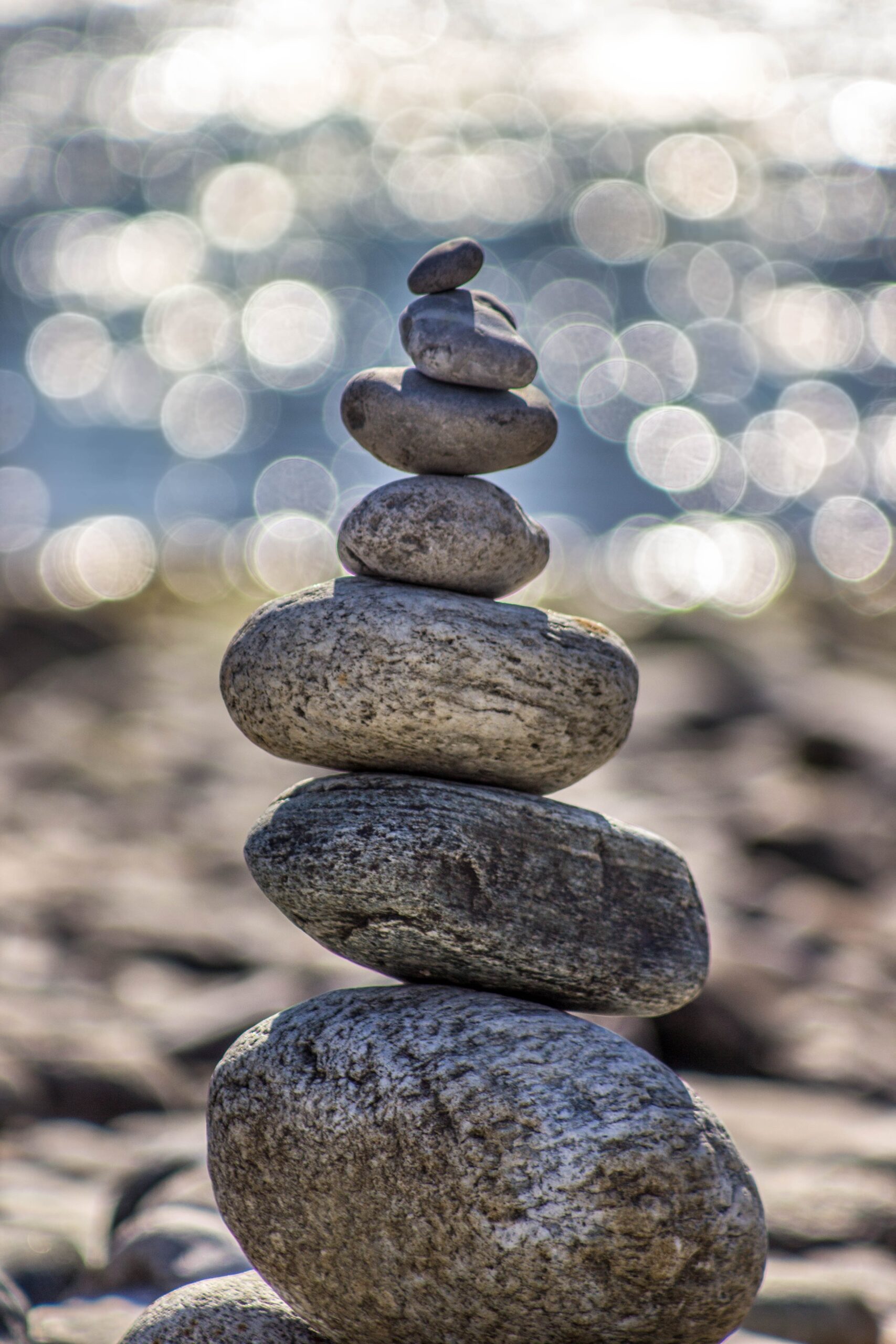
Whether you’re a skilled climber or a novice just starting out, you’ve probably noticed climbers using chalk on their hands. But what’s the importance of chalk in climbing? This product, aptly named “What’s The Importance Of Chalk In Climbing?”, is here to answer that question. With its informative and engaging content, you’ll discover how chalk enhances your grip, reduces hand sweat, and improves overall climbing performance. So get ready to gain a deeper understanding of this essential tool and take your climbing to new heights!

Preventing Moisture
Absorbing Sweat
When you’re engaged in intense physical activity like climbing, it’s natural for your body to produce sweat. Sweating is your body’s way of regulating temperature, but it can also make your hands slippery and affect your grip. This is where chalk comes in handy. Chalk is a fantastic moisture-absorbing agent that helps to keep your hands dry by absorbing sweat and moisture from your skin. With drier hands, you’ll be able to maintain a better grip on holds and reduce the risk of slipping or losing control.
Reducing Friction
In addition to preventing moisture build-up, chalk also reduces friction between your hands and the climbing holds. Friction is essential for maintaining a secure grip, as it allows your hands to stick to the holds better. Chalk acts as a barrier between your skin and the hold, increasing the friction and enhancing your grip. This reduction in friction can make a significant difference in your climbing performance, giving you the confidence to attempt even the most challenging moves.
Improving Grip
Enhanced Friction
As mentioned earlier, chalk improves friction between your hands and the climbing holds. The enhanced friction not only helps you maintain a better grip but also allows you to exert more force on the holds. With chalked-up hands, you’ll be able to generate more friction and hold on to smaller, more intricate holds that might otherwise be difficult to grip. This improved grip translates into better control and stability, enabling you to execute precise and controlled climbing movements.
Better Control
When climbing, your hand grip plays a crucial role in your ability to maneuver effectively. Chalk can greatly enhance your control over the holds, ensuring that your hands stay exactly where you want them to be. By reducing sweat and minimizing slippage, chalk allows you to maintain a firm and steady grip, giving you the confidence to make challenging moves with precision. With better control over your hand placement and pressure, you’ll be able to execute climbing techniques more effectively and navigate the climbing route with greater ease.
Reducing Slippery Conditions
Water Resistance
If you’re climbing outdoors, you’re bound to encounter various weather conditions. Rain or damp conditions can create slippery holds, making it difficult to maintain a grip. Chalk acts as a water-resistant barrier between your hands and the holds, helping to counteract the effects of moisture. By using chalk, you can dry out the holds and create a more secure surface to grip onto, even in wet or damp conditions.
Preventing Greasy Holds
Besides weather conditions, holds can also become greasy due to the natural oils on your skin. Chalk works to absorb these oils and reduce their effects on the holds. By applying a layer of chalk to your hands, you can prevent the holds from becoming excessively greasy, ensuring that they remain dry and easier to grip. This reduces the chances of accidental slips and allows you to maintain a secure hold, enhancing your overall climbing performance.
Preventing Sweaty Hands
Reducing Moisture Build-Up
One of the primary functions of chalk is to absorb moisture, including sweat. By keeping your hands dry, chalk helps to prevent excessive moisture build-up and the formation of sweat patches on your hands. This not only improves your grip but also enhances your comfort during climbing. Sweaty hands can feel uncomfortable and may lead to distractions or loss of focus. By using chalk, you can keep your hands dry and maintain a more comfortable climbing experience.
Enhancing Dexterity
Sweaty hands can also affect your dexterity, making it harder to execute precise movements and adjust your grip as needed. Chalk acts as a buffer, absorbing excess moisture and allowing your hands to move more freely on the holds. With dry hands, you’ll notice an improvement in your finger dexterity, enabling you to perform delicate and intricate climbing techniques with greater ease. Whether you’re gripping onto slopers or crimps, chalk can significantly enhance your finger dexterity, leading to improved climbing performance.

Increased Safety
Lowering the Risk of Falling
When climbing, safety should always be a top priority. Chalk plays a vital role in increasing safety by reducing hand slippage and improving grip. With chalked hands, you’re less likely to lose your hold or slip off the climbing wall or rocks. The increased friction and improved grip provided by chalk give you the confidence to make dynamic moves and trust your hands to stay firmly secured to the holds. This significantly lowers the risk of falling and helps to ensure a safer climbing experience.
Reducing Hand Slippage
Hand slippage can be a common issue when climbing, especially if your hands become sweaty or the holds are slippery. Chalk acts as a preventative measure against hand slippage by absorbing moisture and increasing friction. By using chalk, you can significantly reduce the chances of your hands slipping off the holds, allowing you to maintain better control and stability. This reduction in hand slippage helps to prevent accidents and promotes a safer climbing environment.
Improved Performance
Enhancing Finger Strength
Climbing requires a great deal of finger strength, especially when gripping onto small holds or performing difficult finger-intensive moves. Chalk can enhance your finger strength by improving your grip and allowing you to exert more force through your fingers. With better grip and reduced slippage, you’ll be able to engage your finger muscles more efficiently, increasing your finger strength over time. As your finger strength improves, you’ll be able to tackle more challenging climbs and execute moves that were previously out of reach.
Better Climbing Techniques
The combination of improved grip, reduced slippage, and enhanced finger strength provided by chalk can significantly enhance your overall climbing technique. With chalked-up hands, you’ll have more confidence in your ability to hold onto the holds and execute precise movements. This confidence allows you to focus on refining your climbing technique, such as proper foot placement, body positioning, and balance. By enhancing your climbing technique, you’ll be able to navigate routes more efficiently, conserve energy, and tackle difficult sections with greater ease.

Preventing Injuries
Reducing Hand Fatigue
Climbing can be physically demanding, especially for your hands. Grip fatigue is common and can lead to decreased performance and an increased risk of injury. Chalk can help reduce hand fatigue by improving your grip and reducing the strain on your hand muscles. With a better grip, you’ll be able to maintain control without having to overexert your hand muscles. By reducing hand fatigue, chalk allows you to climb for longer durations without compromising your performance or increasing the risk of potential injuries.
Minimizing Calluses
Climbing regularly can lead to the development of calluses on your hands. While calluses can provide some protection, they can also become rough, crack, or even tear if not properly cared for. Chalk helps to minimize calluses by reducing friction and preventing excess moisture, which can contribute to callus formation. By applying chalk, you create a smoother surface for your hands, reducing the likelihood of calluses and providing a more comfortable climbing experience.
Maintaining Climbing Gear
Protecting Ropes and Equipment
Chalk not only benefits your hands but also helps protect your climbing gear. When your hands are chalked up, the chalk residue acts as a barrier between your hands and the climbing ropes or equipment you handle. This prevents dirt, oil, or sweat from directly coming into contact with the gear, which can cause premature wear or damage. By using chalk, you extend the lifespan of your climbing ropes and equipment, ensuring they remain in good condition for longer.
Extending Gear Lifespan
In addition to protecting ropes and equipment, chalk can also assist with maintaining the overall lifespan of your climbing gear. When you have a better grip and reduced slippage, you lessen the chance of accidental drops or falls that could potentially damage your gear. By using chalk to improve your grip, you’re taking proactive measures to prevent accidents and protect your climbing gear from unnecessary wear and tear. This ultimately allows you to get the most out of your gear and enjoy climbing for a more extended period.

Psychological Benefits
Boosting Confidence
With its multitude of practical benefits, chalk also has psychological advantages for climbers. Dry, chalked-up hands can create a sense of confidence and reassurance in your ability to tackle challenging climbs. By absorbing sweat and reducing hand slippage, chalk provides a reliable grip that gives you the confidence to push your limits and attempt new routes. This boost in confidence can be invaluable, allowing you to overcome mental barriers and explore your full potential as a climber.
Enhancing Focus
When your hands are sweaty or slipping off holds, it’s challenging to maintain focus on the climb at hand. Chalk helps to eliminate distractions by keeping your hands dry and improving your grip. With a better grip and reduced slippage, you can concentrate more effectively on your movements, footwork, and overall climbing strategy. The enhanced focus allows you to become fully immersed in the climbing experience, increasing your chances of success and helping you reach your climbing goals.
Conclusion
Chalk is a fundamental tool for climbers of all levels, offering a wide range of benefits that positively impact both your performance and safety. From preventing moisture build-up to enhancing grip and reducing hand slippage, chalk plays a crucial role in maintaining control and stability during climbs. Additionally, chalk helps to prevent injuries, extend the lifespan of climbing gear, and provide psychological advantages such as increased confidence and enhanced focus. So, next time you head out for a climbing session, don’t forget to pack your trusty chalk bag – your hands will thank you for it!

